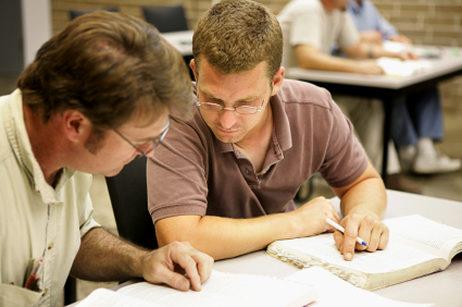In challenging economic times, many people may delay visits to the dentist because they cannot afford to pay the accompanying bill. Many college students who struggle to pay for tuition, books, housing, and other educational expenses also often put off dental work. While this plan may seem wise in the short term, neglecting one’s oral health can lead to serious health and financial consequences down the road. Those who do not get regular dental cleanings and check-ups put themselves at an increased risk for gum disease and cavities, both of which can lead to future financial and physical pain when the problems eventually need to be treated.
Fortunately, for college students who may not have the finances to pay for dental work or those whose health insurance does not include a dental plan, a lack of funds does not necessarily mean one’s dental health care needs to suffer. Community colleges with dental hygienist training programs often offer low-cost or even free dental services to college students and children and adults in the general public.
This video gives an overview of the dental and other health services available at Wake Technical Community College in Raleigh, North Carolina.
Dental services at community colleges are fairly comparable across the nation. To help you get an idea of the kinds of services offered, as well as potential pricing, we will examine a few college-based dental clinics.
Normandale Community






















